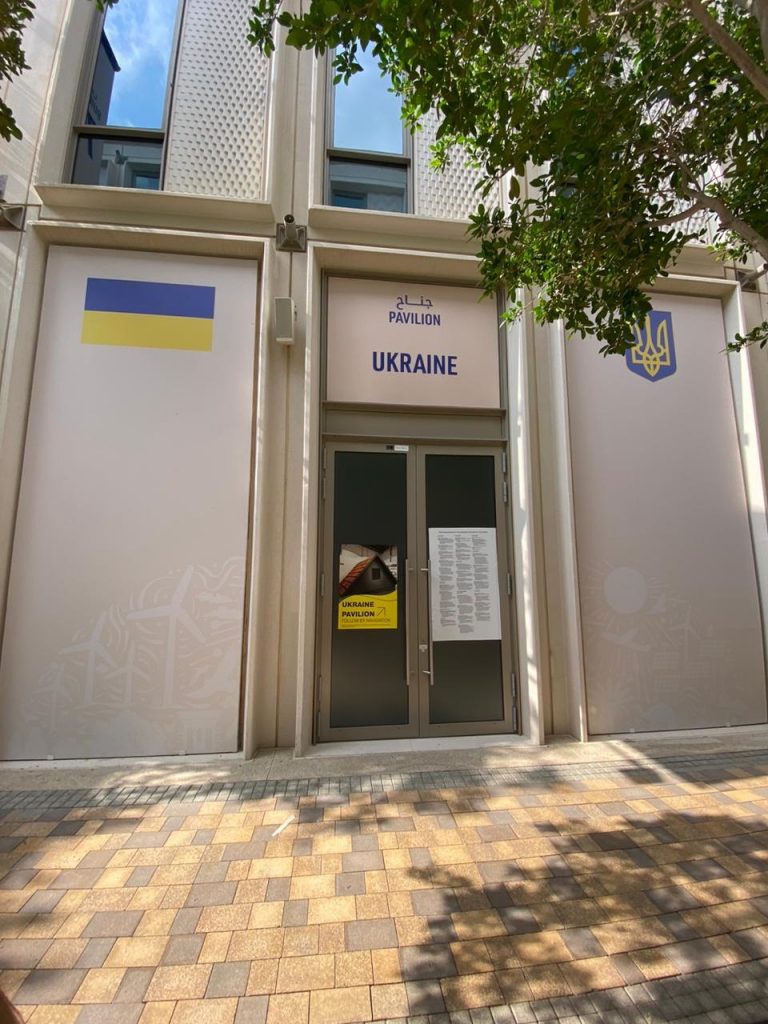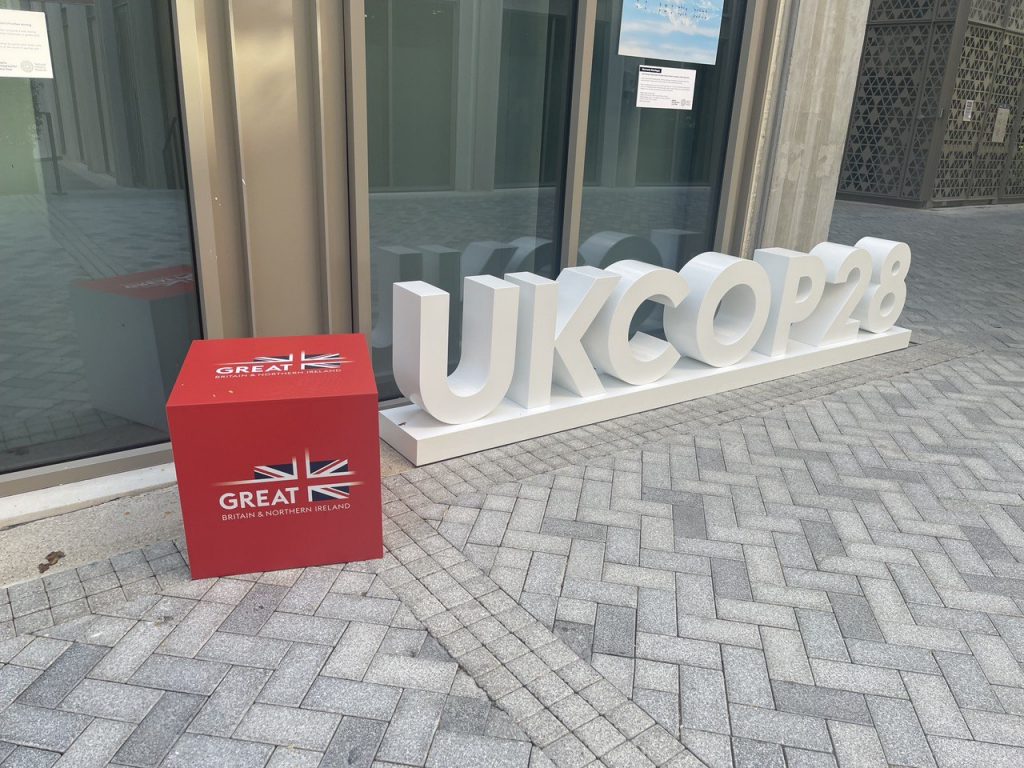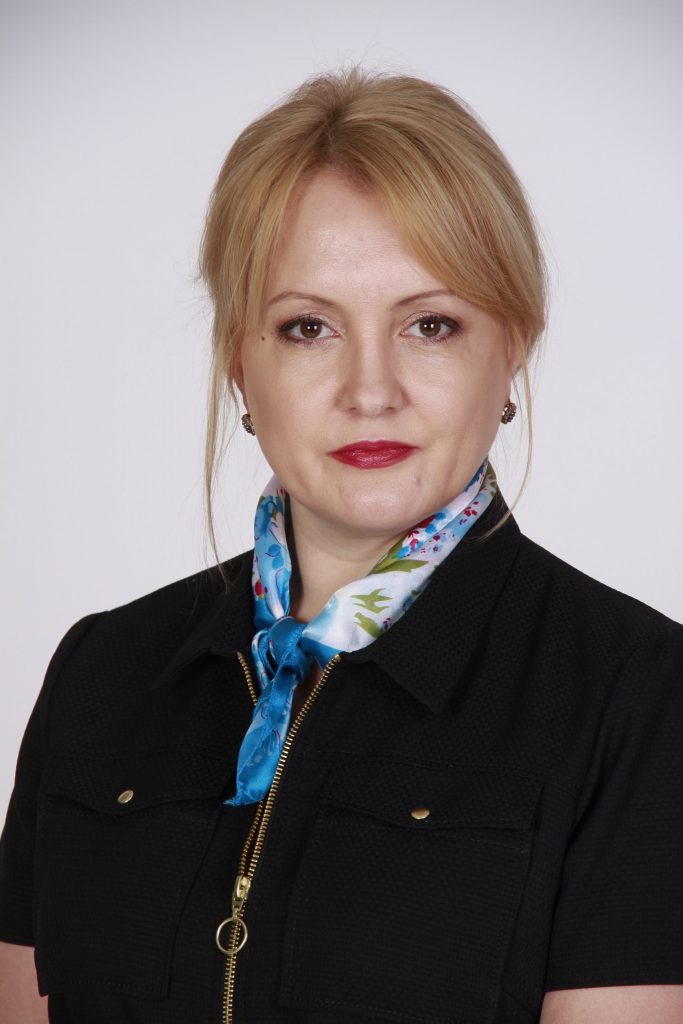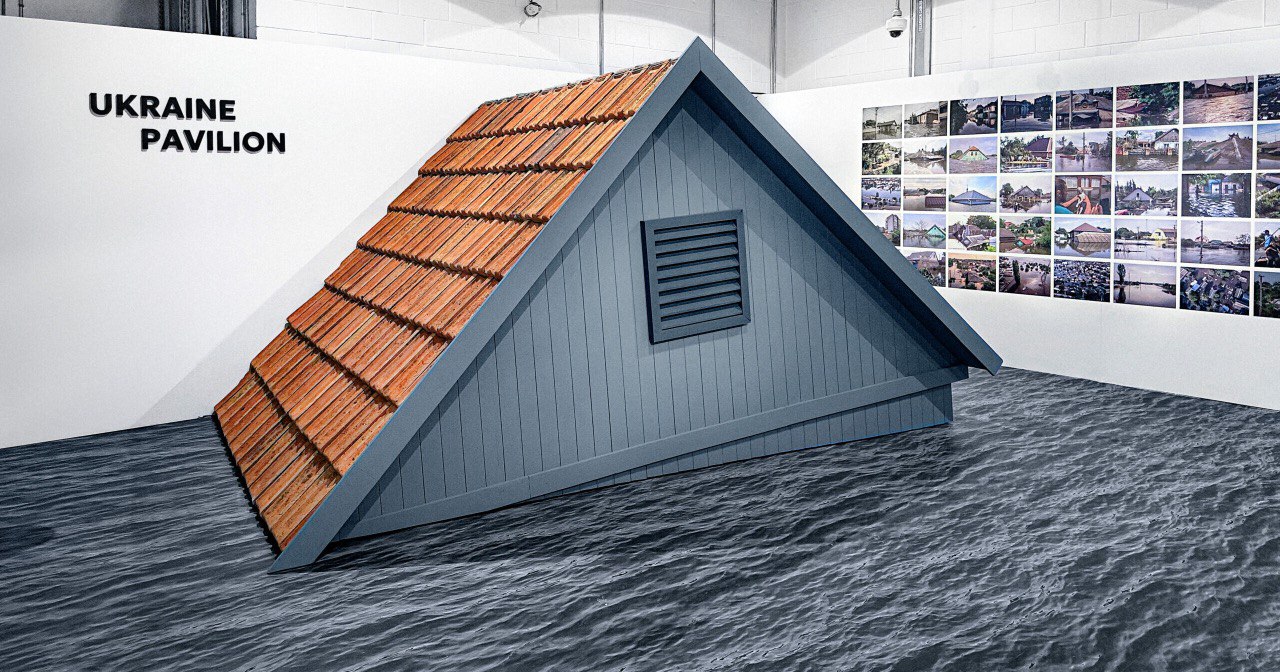Transitional fuels, decarbonisation, losses and damage, GHG inventory, politics, money, business strategy – these are the issues which divided the COP28 community. Dr Natalia Slobodian reflects on her time spent at COP 28.
The discussions at the UN climate conference COP28, which took place in Dubai in December 2023, indicated significant geopolitical shifts. In particular, the European Union and the United States are steering towards replacing fossil fuels, while Russia is attempting to counter this by involving Brazil in OPEC+ and uniting around its oil and gas dictatorships.
The negotiations opened with a summit of heads of state – the World Climate Action Summit. The King of the United Kingdom, Charles III, was the first to speak. He cautioned that the world was “dreadfully off track”, commenting on scientists’ conclusions regarding the current trajectory of GHG emissions. The King also urged the participants to rethink today’s climate agenda, posing the question “How dangerous are we actually prepared to make our world?”
The EU leaders spoke about the successes of the member countries on the path of decarbonization. They pledged to further “green” their economies and better address the consequences of climate change. The president of the European Council, Charles Michel emphasized that the current goal of 1.5 degrees Celsius remains unchanged and getting rid of dependence on fossil fuels is also unchanged.
At the same time, on the field of COP28 Ukraine raised the issue of accountability for emissions resulting from military operations in the territories where they were conducted, seeking a financial balance between environmental damages and responsibilities. Unfortunately, there is currently no clear methodology for calculating and taking action on such emissions. In the wake, some greenhouse gas emissions, particularly those related to military activities, remain unreportable, even though countries are required to report them under the Paris Agreement. For example, emissions from warfare, including military conflicts, can account for a significant proportion of emissions, reaching around 5.5%.
Over 2023, Ukraine’s greenhouse gas emissions associated with the war are estimated at 120 million tonnes of CO2 equivalent, roughly equivalent to the total annual emissions of a country such as Belgium. The official Kyiv was eagerly encouraged to initiate a dialogue with partners regarding environmental justice, the assessment of damage to the environment from military conflicts, collection of reparation, among other issues. The key discussion surrounded the appropriate terminology, particularly preference to use “environmental refund” instead of “reparation” and “recovery” instead of “justice’, and so on.


As a result, the Conference participants were focused on the wording in an effort to carefully express content and narratives. For the first time, the final statement of the COP28 noted a “transitioning away from fossil fuels in energy systems, in a just, orderly and equitable manner”, while only mentioning the abandonment of coal. The use of the word of “orderly” sparked numerous heated discussions among experts and eco-activists. Furthermore, in the final document, the term “adaptation” occurred three times more often than “mitigation” (84 vs. 25). By comparison, in last year’s final document, “adaptation” was mentioned 21 times.
The primary outcome of COP28 will be that countries have agreed to transition away from fossil fuels while recognizing the need for a “deep, rapid” reduction in emissions, despite the weak language being in complete contrast with the official global statement.

Dr Natalia Slobodian joined the Politics and IR team as a researcher in October 2022. Previously Natalia was Head of Department Climate Change at energy company DTEK and head of Corporate think tank SE NPC Ukrenergo. She has more than 10-years’ experience as senior researcher and lecturer at Taras Shevchenko Kyiv National University. Dr Slobodian is a Habilitated Doctor of Human Sciences and has authored a number of publications including “The United States and Russian Federation in the Persian Gulf: Allies or Competitors”, “Russia’s Energy Policy as an Instrument of Influence in Europe” and “Energy Diplomacy: Action Plan”
 Politics
Politics Laura Cashman
Laura Cashman 1985
1985


